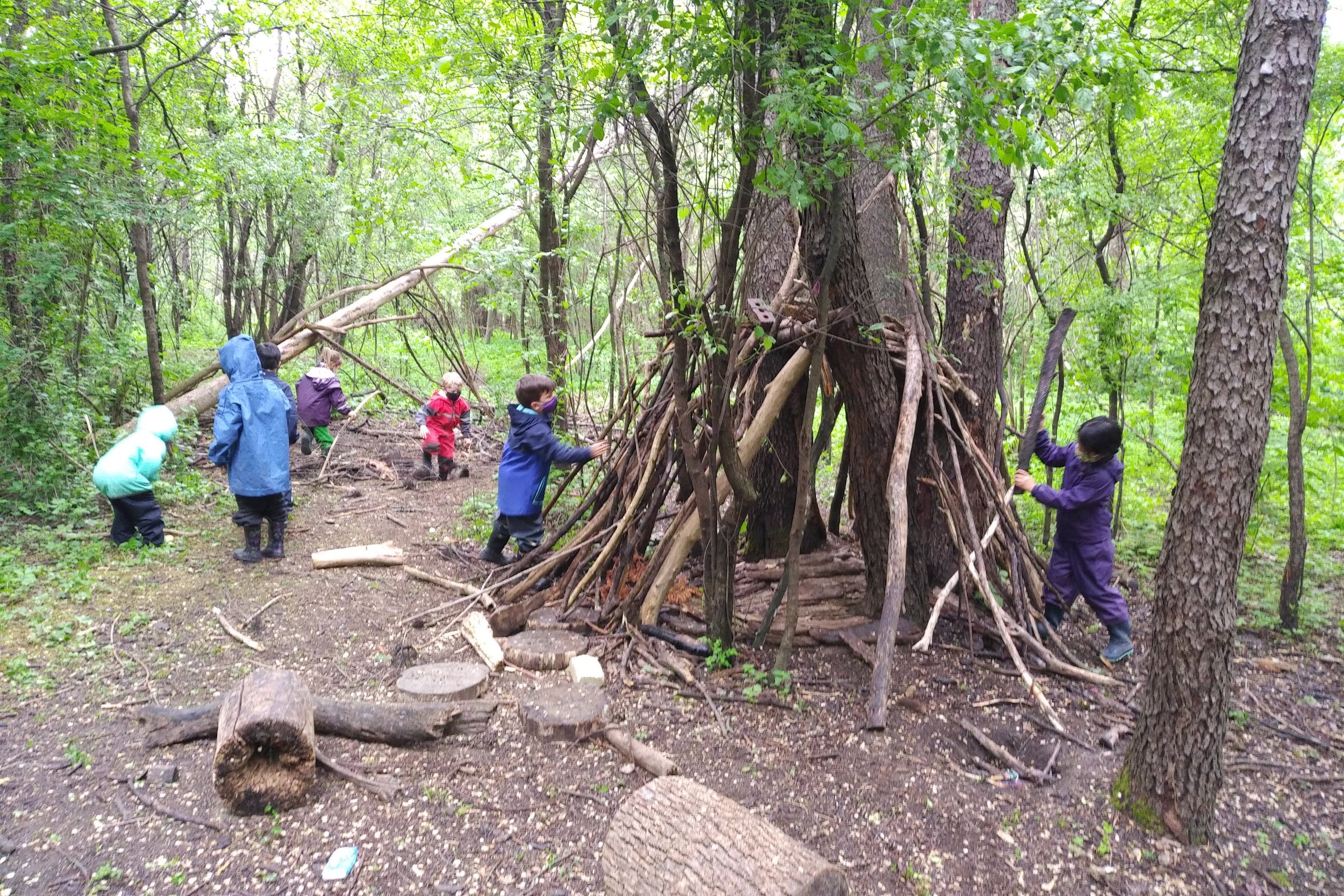The Waldorf approach to preschool and kindergarten education is centered on nurturing the whole child—intellectually, emotionally, and socially—by providing a supportive, creative, and developmentally appropriate environment. By focusing on imagination, play, rhythm, and connection to nature, Waldorf education helps children develop the foundation they need for lifelong learning and personal growth. The approach may not focus on traditional academics in the early years, but it fosters a love of learning, creativity, and emotional intelligence that will serve children well in the years to come.
The Case for Waiting: The Benefits of Delaying Academic Work
Delaying formal education until age 6 or 7 offers numerous benefits for children, including enhanced cognitive development, emotional resilience, improved social skills, and reduced stress. By allowing children the time to develop at their own pace, we are supporting them in becoming confident, well-rounded individuals who are ready for formal schooling when the time is right
Exploring Common Ground: The Similarities Between Waldorf, Montessori, and Reggio Educational Philosophies
While Waldorf, Montessori, and Reggio Emilia differ in certain aspects of methodology, they are united by a shared belief in the importance of fostering well-rounded, creative, and independent learners. These educational approaches recognize the child as an active participant in their own learning journey, with the teacher serving as a guide and the environment as a vital tool. Whether through creative expression, hands-on exploration, or fostering social-emotional growth, these philosophies all work to create an enriching and holistic educational experience that honors the individual child’s needs and potential.
Fostering Creativity and Innovation: Famous Figures Who Benefited from Waldorf Education
Waldorf education stands as a beacon for cultivating creativity, critical thinking, and emotional intelligence. It provides students with the tools to become well-rounded individuals ready to tackle challenges across industries. Across the globe, many notable figures credit their success to the foundational experiences they had in Waldorf schools. These trailblazers are living proof of how the Waldorf approach—centered around artistic expression, hands-on learning, and holistic development—nurtures innovative, empathetic, and forward-thinking leaders.
WSD Alumni, Laurel Hays Reflects on Her Waldorf Journey
A Waldorf School of DuPage alumna fondly remembers her time at the school, emphasizing the importance of nature, creativity, and hands-on learning. “The school didn’t find its true home until I was in 6th grade, but no matter where we were, it was always a priority to have a nice space for play in nature—recess forests, outdoor activities, etc.,” she shares. Her early connection to nature had a lasting impact, and it continues to shape her life today.





